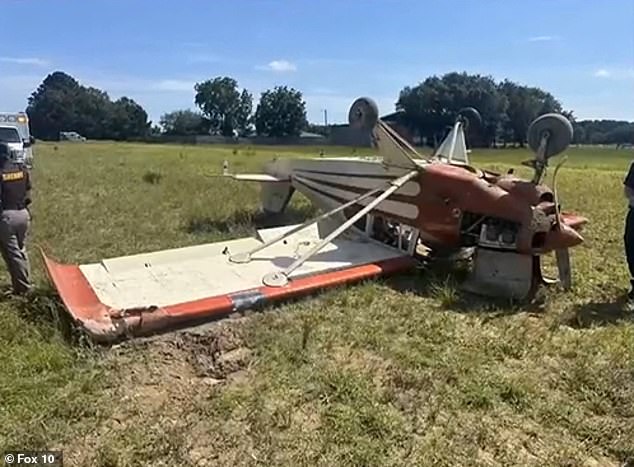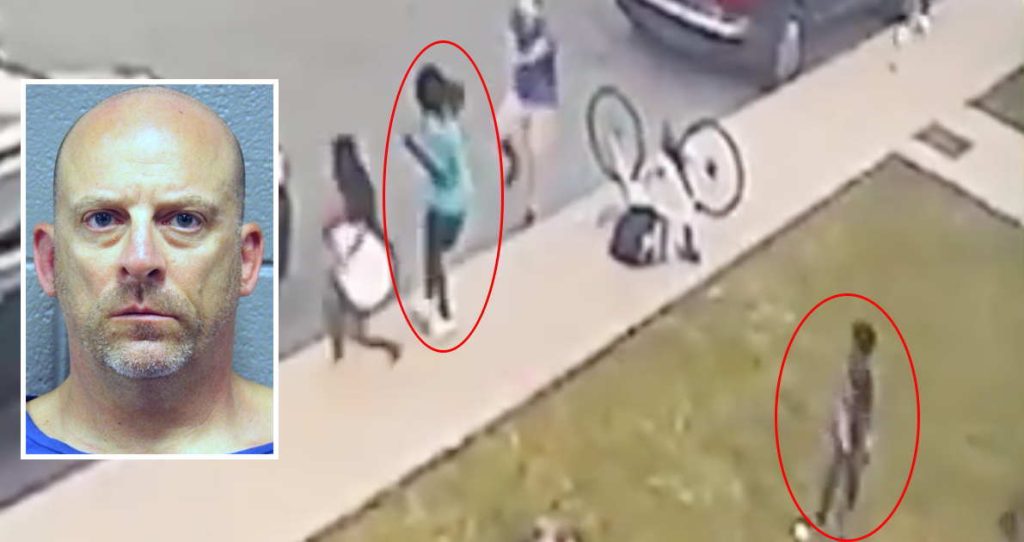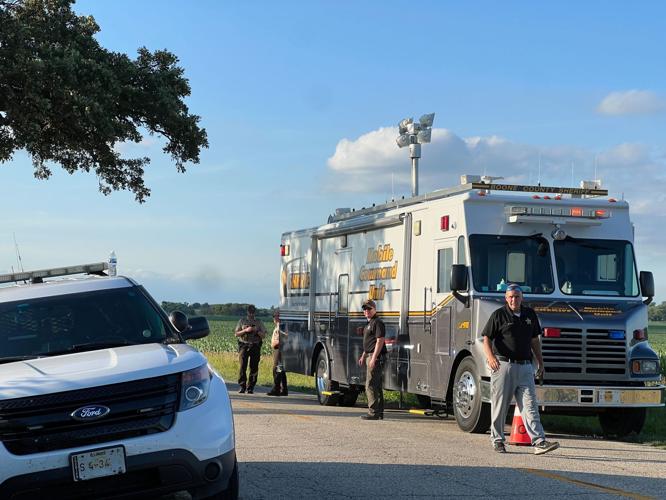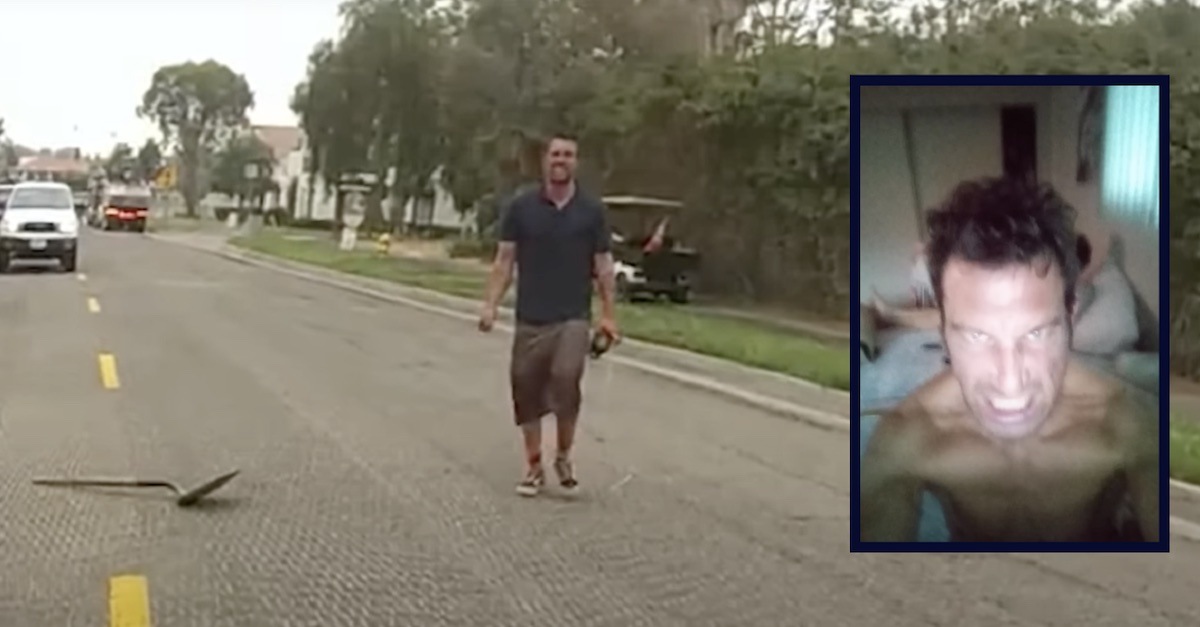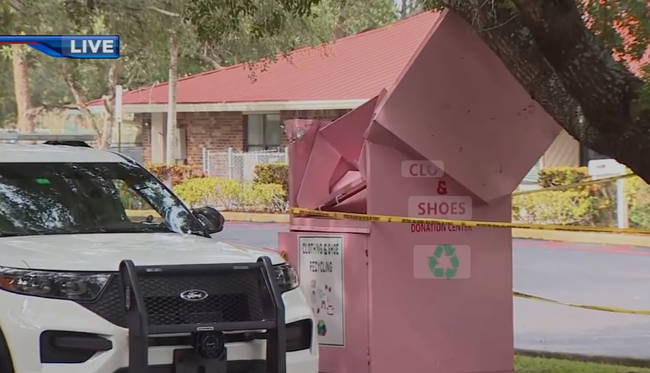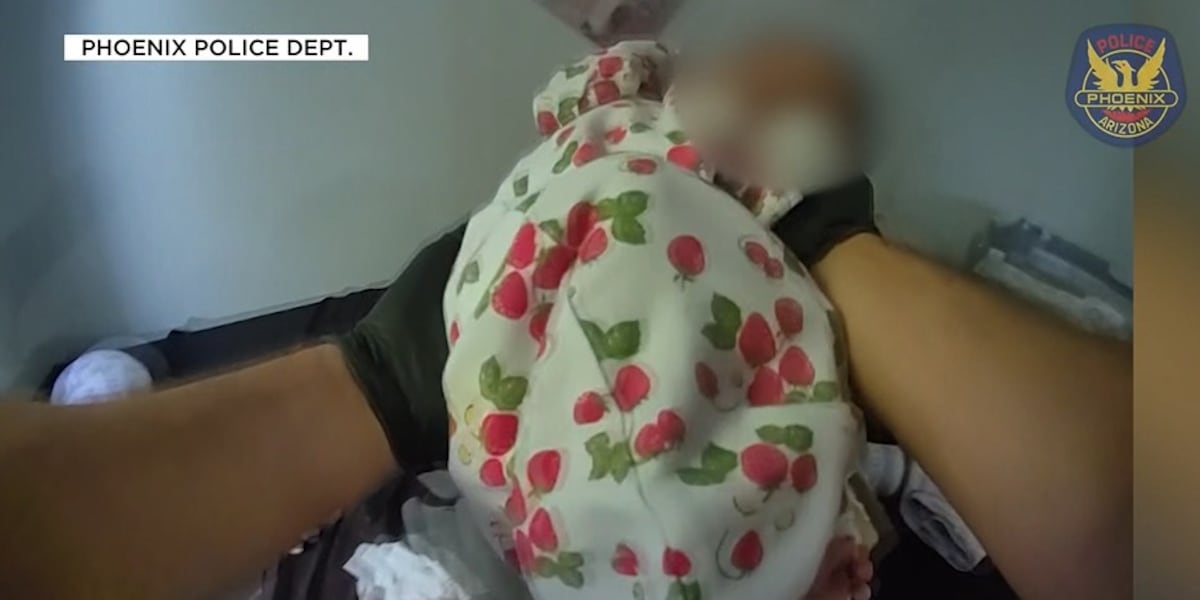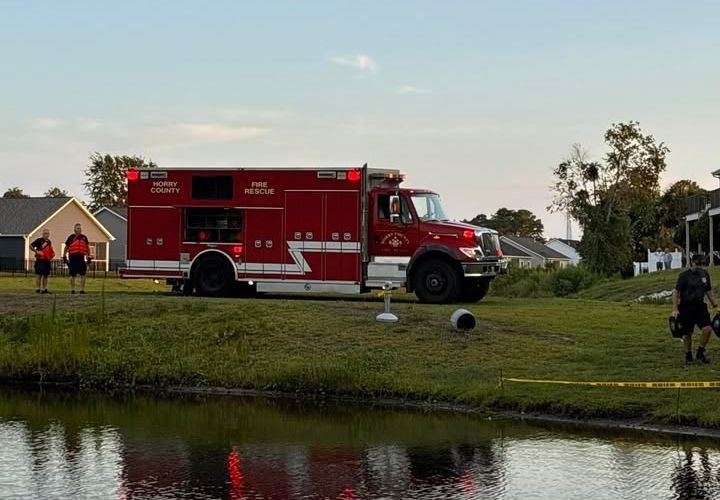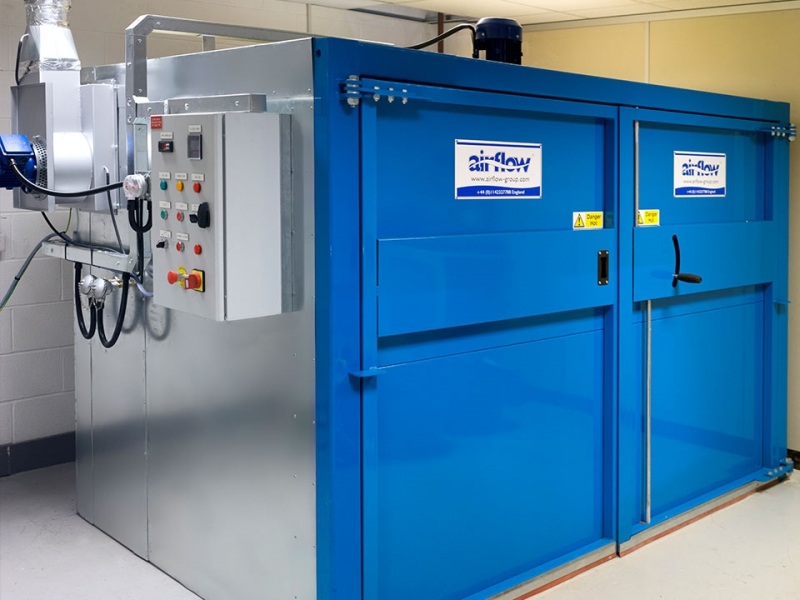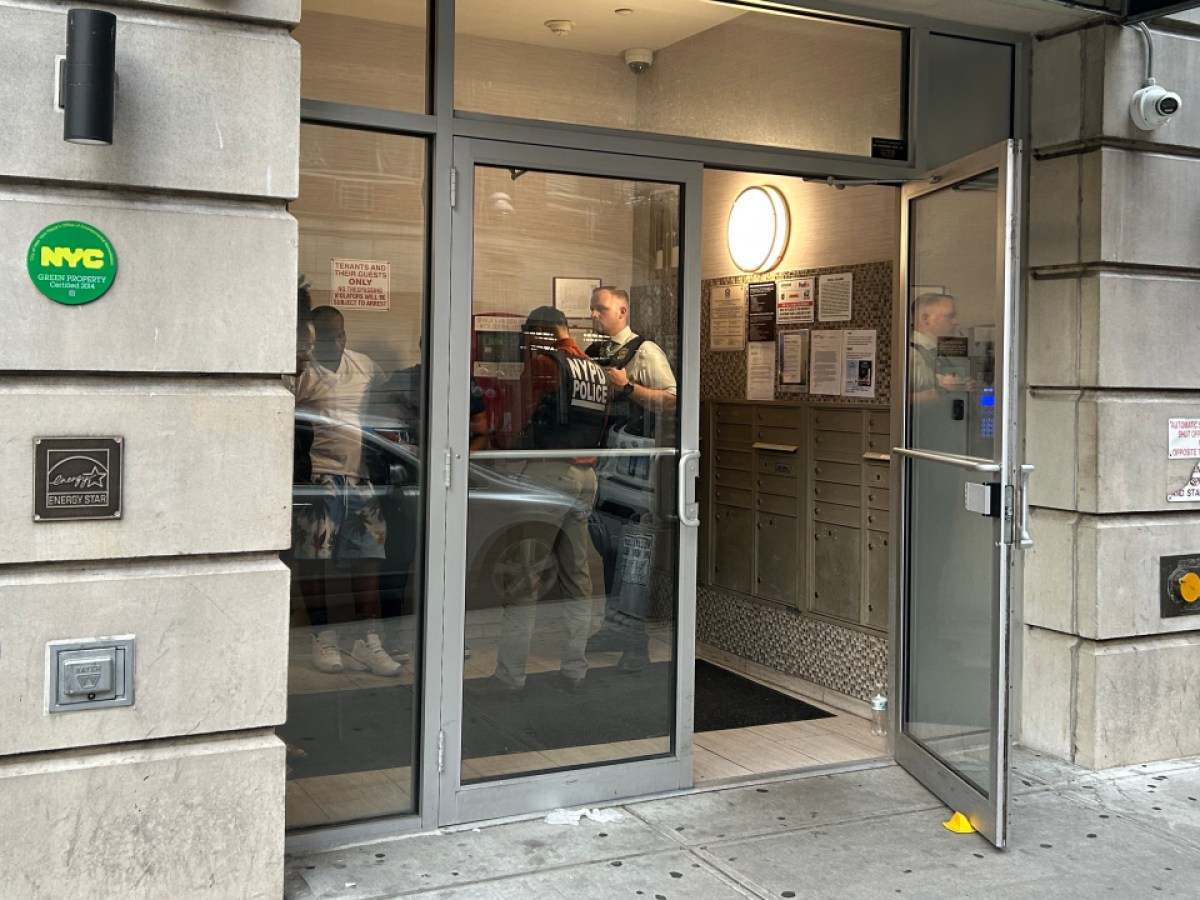In a report, genetics experts say that earlier this year, the US missed a chance to welcome imported cases of coronavirus.
Biologist Michael Worobey of the University of Arizona and colleagues conducted an analysis of the virus by evolutionary, which showed the first person known to have carried the infection to the United States, in Washington state back in January, saying that it may not have been the source of the later cases there.
In their report, which is not yet peer-reviewed and published on the preprint server bioRxiv, the experts wrote that their analyses reveal that the US missed an extended period of opportunities when intensive testing and contact tracing could have prevented SARS-CoV-2 from becoming established in the US and Europe.
Worobey and his colleagues compared the strains of the virus that infected the first known US case, a 30-year-old traveler from Wuhan who arrived on January 15, and samples taken from cases that popped up in the state by the end of February.
Samples were found to be very similar, a finding that led the experts to believe that the first patient must have spread the virus.
However, Worobey said that scientists have found that coronavirus mutates very slowly. He and colleagues ran computer simulations that showed that even if the findings were very similar, the virus that came into the country with the first patient in January can't be the same virus that infected people six weeks later.
The team concluded that there has been a second introduction of the virus in mid-February.
Joel Wertheim of the University of California San Diego, who also worked on the study said that a virus that was probably identical to the Washington epidemic cluster got in at some point in early February and gave rise to a bunch of identical viruses.
Worobey said the second introduction of the virus may have come from Canada.




